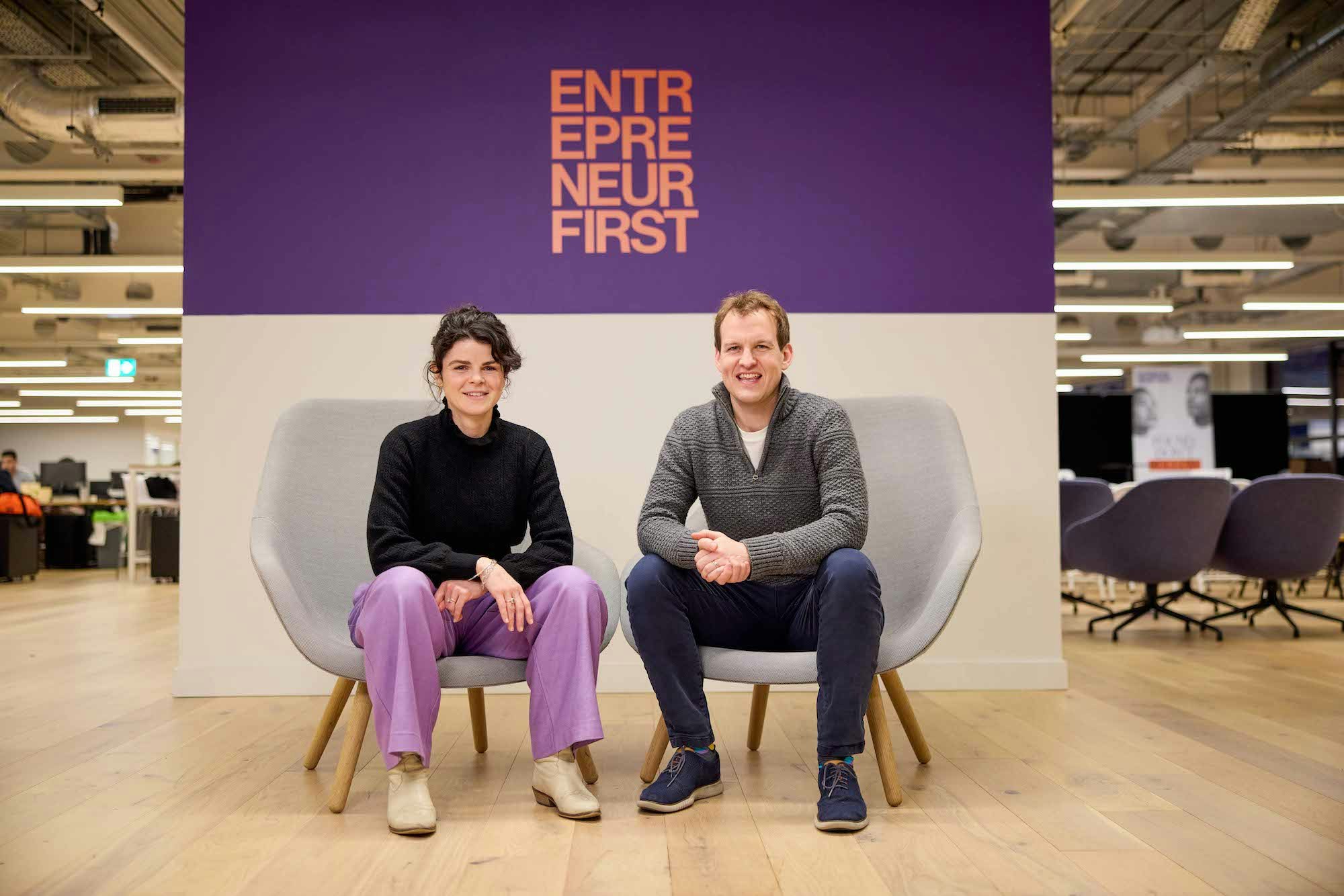European tech is going through a slow patch — funding is harder to come by, and startups have laid off thousands of employees.
Investors and founders are hoping it doesn’t continue this way for long — and they’re looking for promising signs in the data.
So, what does it tell us?
Sifted compiled the nine essential charts to understand what’s going on in European tech right now, based on our own analysis and Dealroom data. One key takeaway: it might not be as bad as it seems — if we could only remember what the pre-bull market days felt like.
1/ Investors have marked their scaleup holdings down
Scaleups that raised at the height of the tech bubble in 2021 and early 2022 are shying away from raising now — given they’ll likely have to do so at a steep discount to their last valuation.
As most of these companies are private, it’s hard to know exactly how much they'd be worth if they raised again. But looking at how some investors and mutual funds have valued their stakes in private tech companies gives a bit of an indication.
Until market conditions improve — including the listed tech company stock prices that serve as a benchmark for pre-IPO tech companies — there’s likely no way we’ll see 2021 valuations anytime soon, investors say.
2/ Mega and gigarounds aren’t dead, just rarer
Megarounds — defined as $100m+ deals — and gigarounds — $250m+ — were one defining trait of the tech bull market. The slowdown might not have killed them, but they are now much rarer.
The number of rounds in the $100m-250m bracket fell 14% in 2022, according to Dealroom data. The total value of those deals dropped just 16% though — ie. not much at all.
The slowdown was even more evident for $250m+ rounds, however. There were 39% fewer gigarounds in 2022 than the previous year, representing an eye-popping 47% drop in value.
In more positive news, we’ve already seen a few $100m+ rounds this year, including Oxbotica, Enpal and PASQAL. Investors say only the best-performing companies will be able to raise those kinds of chunky rounds in this environment.
3/ Monthly data tells the best story
2022 was a year of two very different halves. From January to June 2022, a record $63.1bn went into European startups. From July to December, that number almost halved, dropping to $34bn, a 46% decrease, according to Dealroom data.
But we still need to keep things in perspective — the total amount invested in European startups in H2 2022 was still greater than the figure in H4 2020, right before the bull market took off. Not something to scoff at. It will be interesting to see when monthly funding on a three-month rolling basis starts to tick up on year.
4/ Top European VCs have kept up the dealmaking
Despite the drop in funding, most major VCs Sifted talked to insist that they’re still investing. And that bears out in the numbers — deal activity at Europe’s leading VCs has remained robust.
Interestingly enough, Northzone backed more companies in 2022 than in 2021, according to Sifted analysis. Accel saw the most drastic pullback in deals in 2022 versus the previous year, investing in 29 companies last year compared to a humongous 46 in 2021.
5/ Is this really just a return to normal?
Maybe we shouldn’t all be freaking out… was 2022 just a return to normal? A comparison with historic growth rates for European venture investing suggests so.
Europe’s tech scene grew at an average of 26% year-on-year between 2010 and 2019. Then, two key external shocks — the pandemic and rising interest rates — influenced VC deployment.
First, the global pandemic halted economic growth, then propelled the bull market of 2021. In 2022, rising interest rates brought investment levels down again, sparking widespread pessimism.
But 2021 is, as time goes on, proving to be an outlier. 2022 actually followed a fairly accurate progression in relation to growth rates from 2010 to 2019 — assuming no shocks — with $500m more capital invested than predicted.
6/ A tale of two worlds
Since the tech slowdown hit last year, European tech is still a tale of two stages. Seed and Series A startups are thriving — trust us, our newsroom is receiving a lot of seed deal pitches — but late-stage funding has dried up.
Early-stage (seed and Series A) funding increased from $29.9bn in 2021 to $31.3bn last year, according to Dealroom, despite a 16% fall in the number of rounds. Early-stage funding accounted for a third of total funding in 2022, up from 25% the year previously.
Meanwhile, late-stage (Series B+) plummeted from $89.5bn to $62.6bn. Reality check again here: $62.6bn is still double the entire amount invested in European tech in 2020. Not too shabby.
7/ Layoffs continue
Tech layoffs have spiked globally but we still don’t have much information on whether we are at “peak layoff” yet. We’ve already reported on layoffs at eight European startups in 2023 alone, representing the loss of employment for 769 people.
8/ Round sizes have held firm at the early stages
It’s interesting to look at average round sizes to get a sense of where the market is going. Again, following our “tale of two stages narrative,” average round size increased at seed and Series A in 2022, according to Dealroom. On the other hand, the average Series C round fell from $100m to $71.3m in 2022.
The biggest rounds in each stage in 2021 versus 2022 illustrate the same trend.
- Seed: $55m Gravitiq in 2021, $55m Spyke Games in 2022
- Series A: $350m Berlin Brands Group in 2021, $377m Bloom in 2022
- Series B: $750m Flink in 2021, $213m Scalapay in 2022
- Series C: $1bn Gorillas in 2021, $500m EcoVadis in 2022
9/ We could see a pickup in acquisitions in 2023
Another indicator of the health of the ecosystem that’s being closely watched by investors: exits. The IPO path is closed to most companies now so eyes are on acquisitions.
But we haven’t quite seen the wall of acquisitions that some have predicted. There was a 35.9% fall year-on-year in the value of acquisitions of VC-backed startups in Europe ($250bn vs $390bn), but more companies acquired (4,100 vs 3,500), according to Dealroom data and Sifted analysis. This suggests larger fish were looking to acquire smaller players for smaller amounts — something that’s likely to continue this year.
Jonathan Sinclair is intelligence research manager at Sifted. Federico Scolari is an intelligence analyst at Sifted. For more data insights and analysis on European tech, become a Sifted Pro member.


